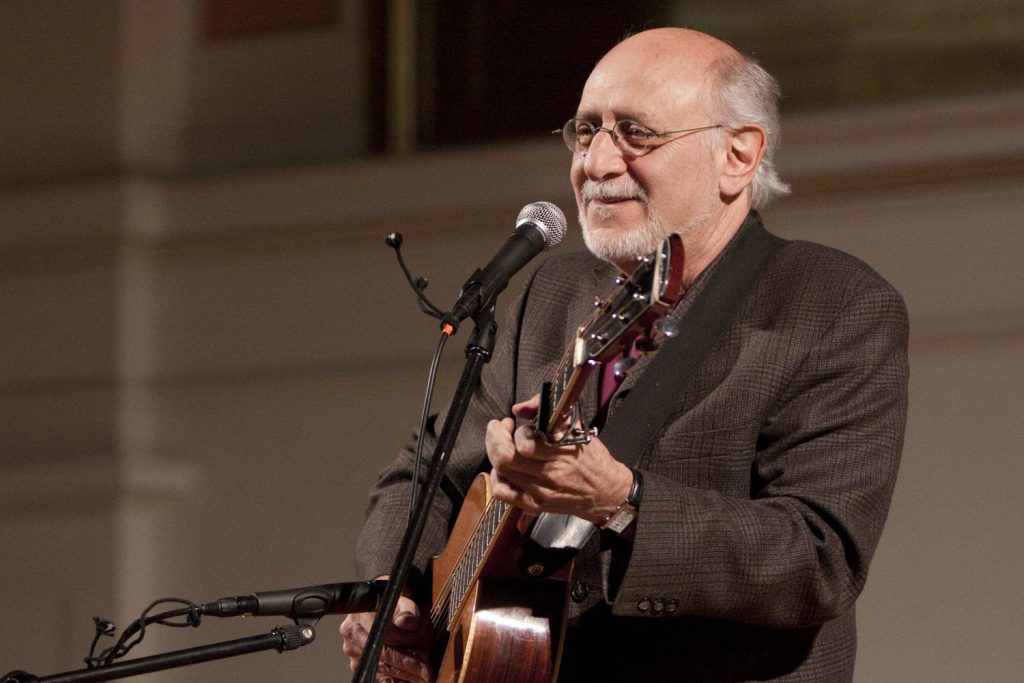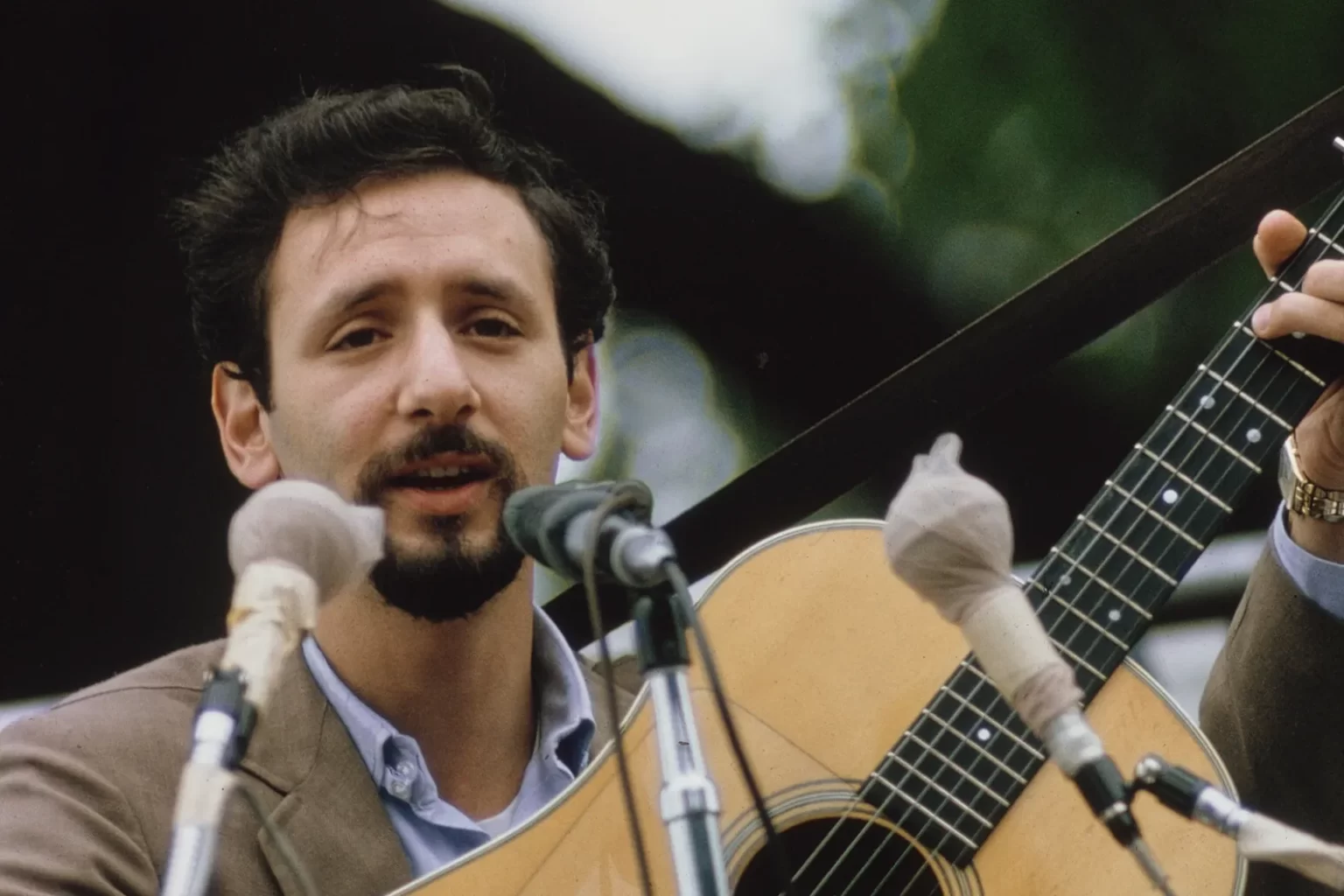Peter Yarrow’s passing leaves Paul Stookey as the only member of Peter, Paul and Mary left alive. The trio’s “Puff the Magic Dragon” in 1963 introduced a mass market to the folk boom that had been primarily the genre of choice for the academic community spearheaded by acts like Dylan, Tom Paxton, and Tom Rush. PP&M was the first folk act to break the top 40 charts with this original song aimed at children, and frankly was dismissed like cotton candy by the burgeoning folk community. PP&M eventually released six Billboard Top 10 singles, two number one albums, and they won five Grammys.
I was a college student in 1963 at the time hanging out with Bill Nowlin who would go on to found Rounder Records. To us, PP&M’s music was outside of the box we defined as folk. At the time, rock and roll had become abbreviated into rock that the Brits were selling rock back to its American inventors. Our interest was in folk music that was more mature than the pop confections that had been aimed fundamentally at 14-year-old girls.
The folk music of Dave Van Ronk, Joan Baez, and Dylan was finding success with college students like us who were looking for voices that would acknowledge a level of maturity more focused on our lifestyles than “Roll Over Beethoven.” At the time, Peter, Paul and Mary were met with disdain by the hardcore folkies. “Puff the Magic Dragon” was no “Blowin’ in the Wind.” That said, PP&M’s music and on again off again tours, like Dylan and The Stones, endured for more than half a century after first coming on the scene. They spearheaded the elevation of folk music from a genre to a phenomenon.
They also turned two of Dylan’s songs, “Don’t Think Twice, It’s All Right” and “Blowin’ in the Wind,” into Billboard Top 10 hits. They performed “Blowin’ in the Wind” at the 1963 March on Washington at which the Rev. Martin Luther King Jr. delivered his famous “I Have a Dream” speech.
Peter Yarrow had been scheduled to perform two shows at the vaunted Caffe Lena this December but cancelled because he was suffering from bladder cancer. He knew his condition was terminal but told Lena CEO Sarah Craig that he might have one more concert in him. She thought the idea was ghoulish and turned him down. “He has kept his doctors in awe at his resilience as he has continued to perform and live life in his own generous and cause-driven way,” wrote his children Christopher and Bethany online in December while asking fans to leave living tributes for their father. “It has been a long road and he has been a strong dragon, but right now he is very weak, and, at 86, his dragon days are numbered.”

By the time I interviewed Peter Yarrow in 2008, I had followed PP&M through their careers, and realized that early on I had misjudged them based on their initial success with a song that was a “Puff” of success aimed at children. “Democracy and capitalism are not synonymous,” he told me 17 years ago. “You can have democracy in a socialistic country, and it functions perfectly. Socialism is a way of distributing the money and regulating fairness.”
We discussed the hardcore folkies’ disdain for this early hit. Was there a hidden meaning? Was it really about smoking marijuana? “I don’t know what Bob Dylan intended with ‘Mr. Tamborine Man,’” Peter said, “but I would be very surprised if it were not about a state of euphoria of some sort that very likely relates to grass or peyote or something.”
I told Peter that PP&M had been accused of that, too. “Yeah, but that was imbecilic. It just wasn’t the case. It couldn’t have been. In 1959 (when Peter co-wrote the song with fellow student Leonard Lipton) I was 20 years old. I was at Cornell, and in 1959 nobody but the folks in North Beach about whom I know nothing had any familiarity. The closest we got to being desolate as young people was having a drink. (We were) square in square times, and I was squarer than square. I don’t believe there was a person at Cornell that smoked grass in the era.”
Peter didn’t believe that in contemporary times a song like “Puff The Magic Dragon” could be as successful as that song was in 1963. “That’s exactly my feeling. I just don’t think that at this point that exists. There might be if there’s another dissemination system that really allows everybody to be on the same page in terms of cultural events.”
Seventeen years later that dream would seem to have died with Peter Yarrow’s passing.


